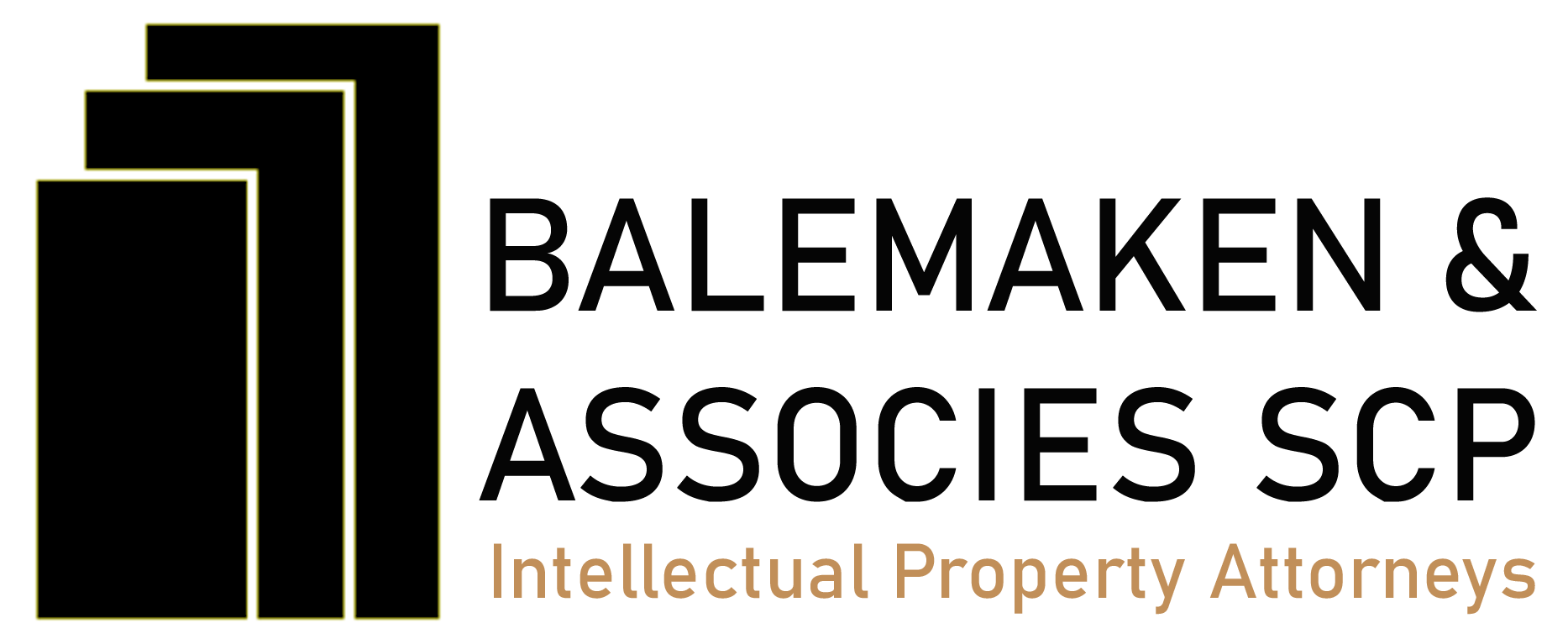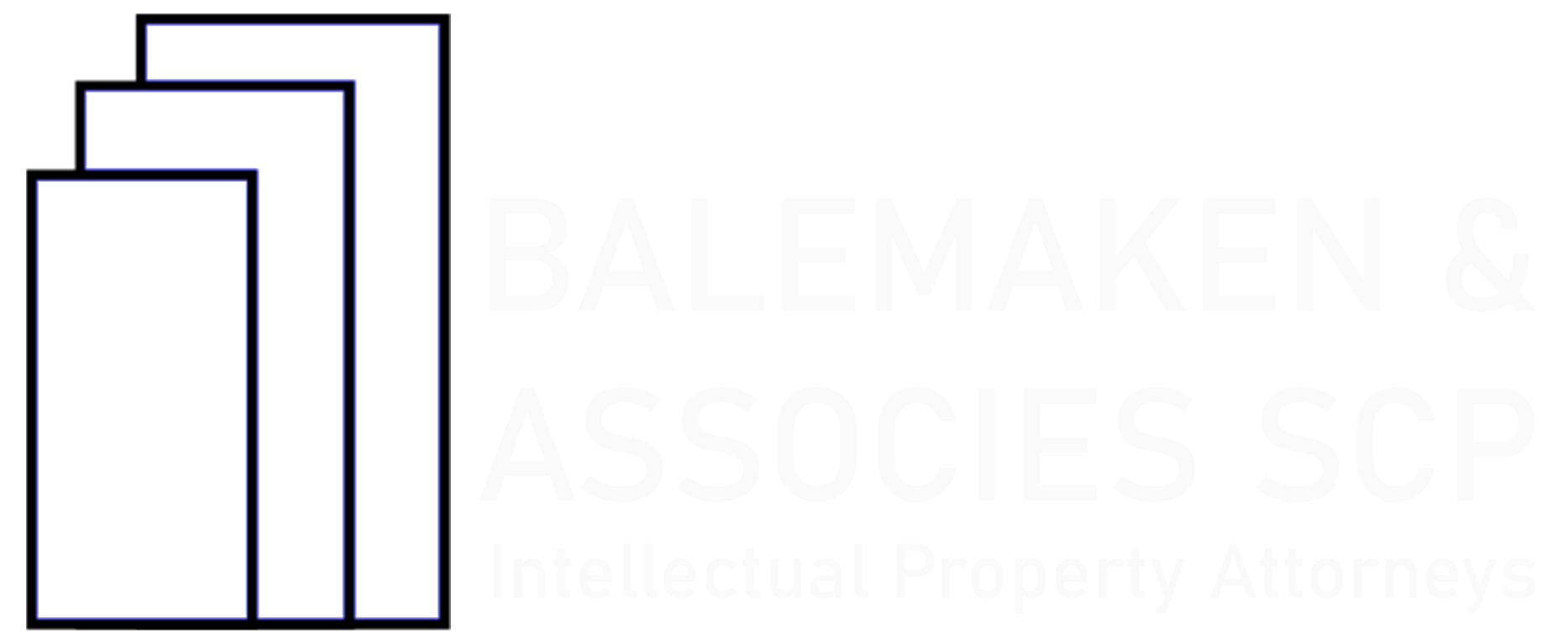What you need to know about OAPI
History
On September 13th 1962, twelve (12) Heads of State and Government of Africa signed the agreement establishing the African and Malagasy Office of Industrial Property (OAMPI) in Libreville, Gabon. This Agreement was revised in Bangui (Central African Republic) on March 2nd 1977 to give birth to the African Intellectual Property Organization (OAPI).
On February 24th 1999, the Bangui Agreement was in turn revised. The new version aims at:

– Making its provisions compatible with the requirements of international treaties on intellectual property to which member states are party. A case in point is the Agreement on Trade-Related Aspects of Intellectual Property Rights (TRIPS Agreement) constituting Annex 1c of the Agreement establishing the World Trade Organization (WTO);
– Simplifying the procedures for issuing intellectual property rights;
– Broadening the missions of OAPI which, beyond its traditional missions, to promote the development of member states, through inter alia, the effective protection of intellectual property and related rights and provide training on intellectual property;
– Extending protection to new subject matter (plant varieties, layout designs of integrated circuits).
The new Agreement entered into force on February 28th 2002. It strengthens creativity and protection of intellectual property rights to secure investments, facilitate technology transfer and thus contribute to the economic growth of member states. On December 14, 2015, the Bangui Agreement underwent another revision. The Bamako Act of December 14th 2015 completely changed the procedural framework for the registration of intellectual creations at OAPI. This new law integrates co-ownership of industrial property rights, publication of applications for registration of industrial property titles, oppositions after publication of applications for registration, judicial and administrative property claims … etc.
Objectives and tasks
In the field of industrial property, OAPI’s mission is, among others, to implement common administrative procedures arising from the uniform system of protection of industrial property as well as from the stipulations of the international conventions in this field to which the member States or OAPI have adhered and to render services related to industrial property.
In the field of literary and artistic property, the Organization is responsible for contributing to the promotion of protection, encouraging the creation of national authors’ organizations, etc.
More, OAPI contributes to the achievement of the objectives of industrial development policies of the Member States. This is done through the following specific objectives:
– To ensure the protection and publication of industrial property titles;
– To encourage creativity and technology transfer through the use of industrial property systems;
– To make the legal space attractive to private investment by creating favorable conditions for the effective application of the principles of intellectual property;
– To implement effective training programs and improve OAPI’s capacity to offer quality services;
– To create favorable conditions for the valorization of research results and the exploitation of technological innovations by national enterprises.
Specificities of the system
The OAPI system is completely original in its conception. It illustrates the accuracy and relevance of the strategic choices made by the Heads of State who signed the Agreement that established it. Some of these characteristics are:
– OAPI, whose headquarters is in Yaoundé (Cameroon), is the industrial property office common to all member states. To this end, in the space of its seventeen (17) member states, it implements and applies a uniform law, namely the Bangui Agreement and its annexes;

– The Organization centralizes all the procedures for the issuance of industrial property titles such as patents, utility models, trademarks, industrial designs, geographical indications and new plant varieties, these titles are valid in all the member countries;
– Any filing (application for registration) made to the Administration of one of the member states or the Organization is considered as a national filing in each member state;
– There are no national systems of protection that coexist with the regional system;
– Sanctions for infringement of intellectual property rights are the responsibility of the courts of each Member State;
– Final judicial decisions on the validity of industrial property titles in one of the member states are operative in all other states, except those based on public order and morality.
List of OAPI Member States
Benin, Burkina Faso, Cameroon, Central African Republic, Chad, Comoros, Congo, Côte d’Ivoire, Equatorial Guinea, Gabon, Guinea, Guinea Bissau, Mali, Mauritania, Niger, Senegal, Togo.
Visit our pages and Follow us to have more informations about OAPI and our Services:
https://www.linkedin.com/company/71503609
https://www.facebook.com/Balemaken-Associates-SCP-101951638585917






Isengyeng E.Esq
June 7, 2021 at 8:49 pmAn Informative article here.